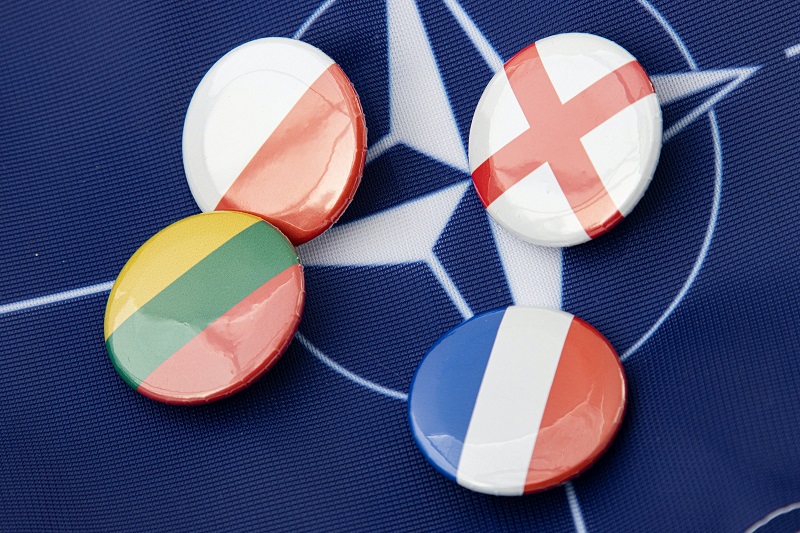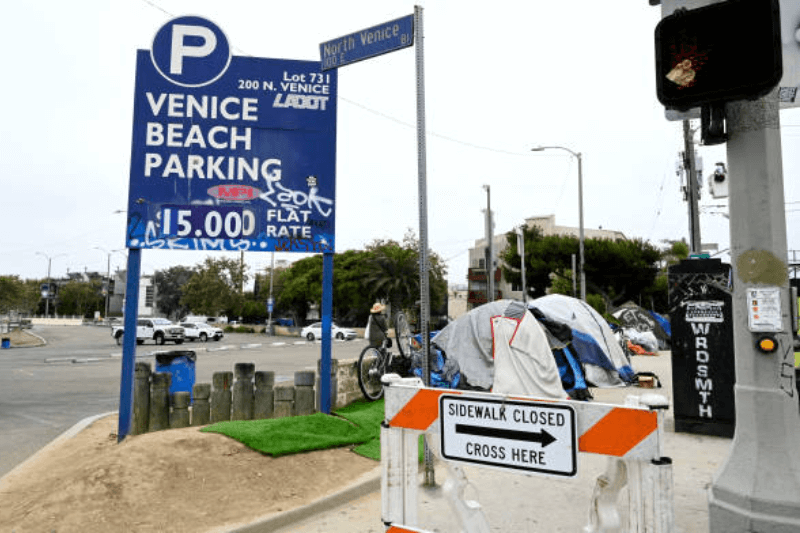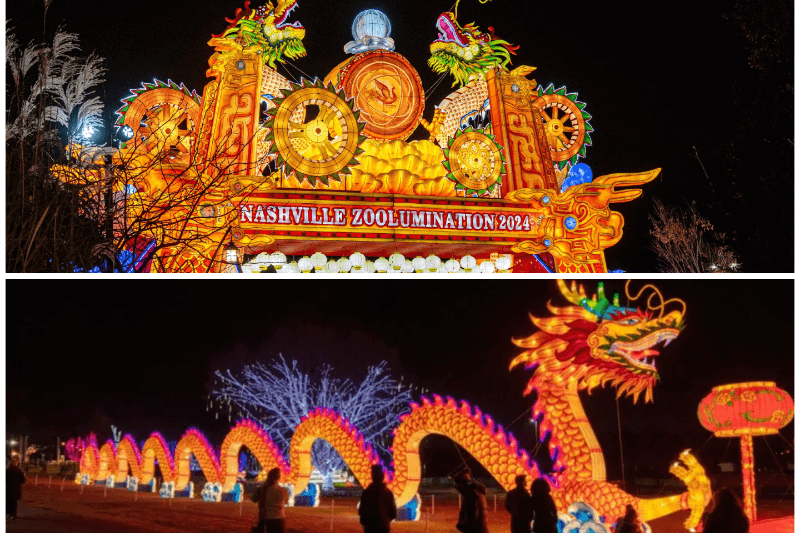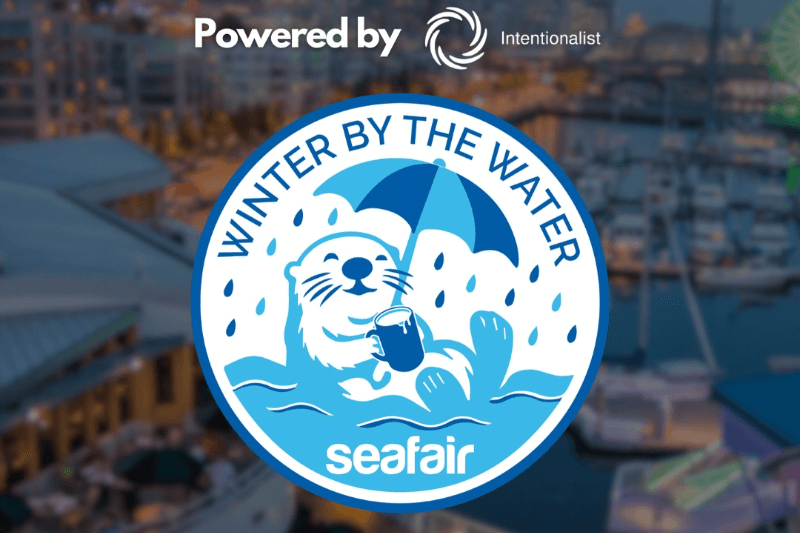
NATO: How well is the 20th-century alliance coping with 21st-century realities?
Before Russian President Vladimir Putin launched his ‘Special Military Operation’ in Ukraine last year, the North Atlantic Treaty Organisation was largely considered a relic of the past. A sense of purpose NATO had seemingly lost after 1990 is now fast re-emerging.
The raging war in Ukraine is believed to have produced more unity than would have been expected just a year ago. American political scientist John Mearsheimer had raised questions over America’s continued presence in the alliance after the fall of the Soviet Union.
He even predicted slowly NATO would move toward oblivion. While Russia has repeatedly warned against the group’s expansion to its backyard, the latest NATO summit in Lithuania highlighted a new momentum in the process of expansion.
While Finland joined the alliance just a few months back, neighbouring Sweden is all set to become the newest member after Turkish President Recep Tayyip Erdogan dropped his opposition to the membership after initially raising several obstacles.
Keep Reading
New Package Of Guarantees A Signal To Ukraine, Russia And China
President Volodymyr Zelensky had raised concerns over the “absurd” delay on the issue of Ukraine’s NATO membership. But by the time the Vilnius summit concluded, there were strong signals that support for the war-ravaged nation remains steadfast within the alliance.
Despite not offering Kyiv a specific timeframe for joining, NATO members did accelerate the country’s potential candidacy by removing the Membership Action Plan (MAP). The G7 nations even came out with an expansive framework that guarantees long-term support for Ukraine.
The package of guarantees could send a signal to both Ukraine and Russia. To Ukraine, the message is clear that its long-term security is now the responsibility of its allies. To Russia, it could be that its neighbour may not be a NATO member today but tomorrow is another day.
But it seems more than Moscow, it is Beijing that should be concerned about the growing unity among the alliance’s members. With the presence of political leaders of Australia, Japan, South Korea and New Zealand at the summit, it’s clear NATO’s focus is deepening on the Indo-Pacific.




